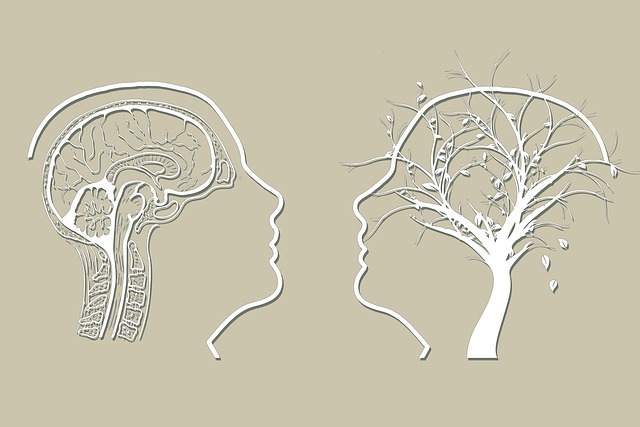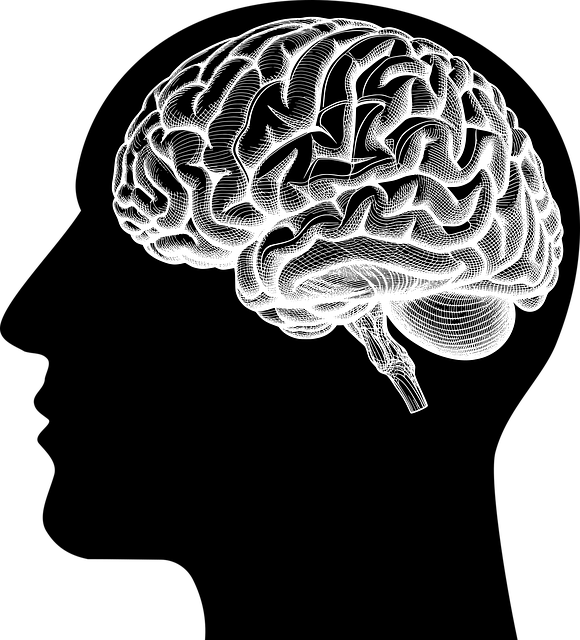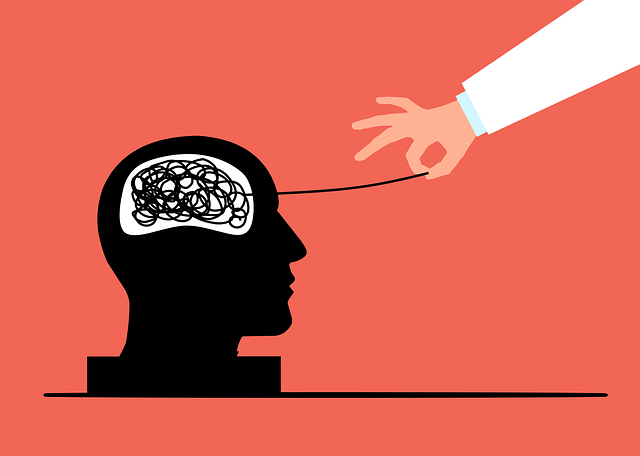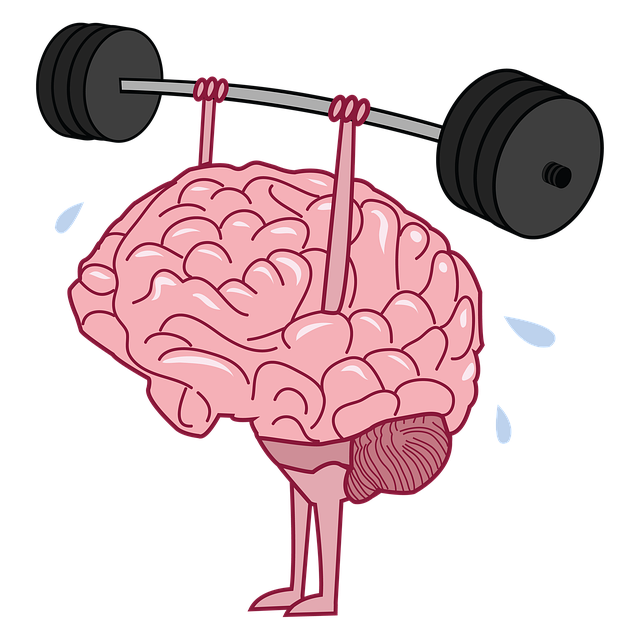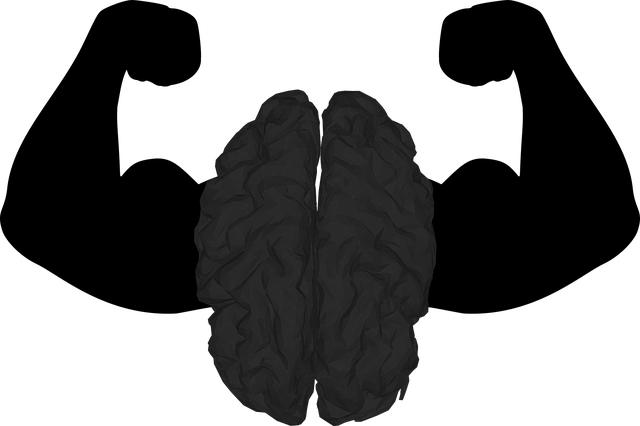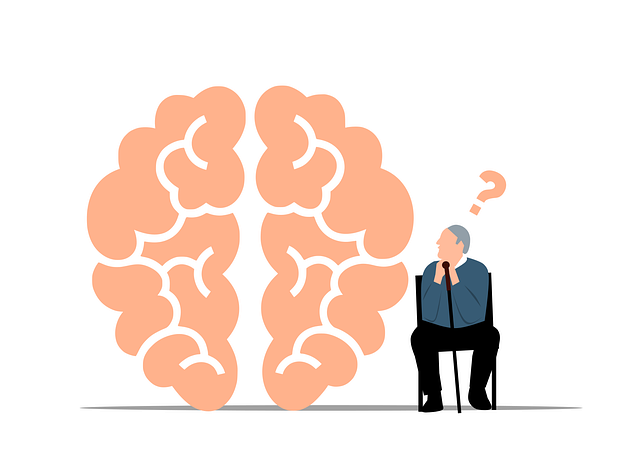Mental health education, utilizing evidence-based practices like Arvada Cognitive Behavioral Therapy (CBT), is a powerful tool to dispel myths and reduce stigma around mental illness. CBT workshops and engaging content equip individuals with skills to manage anxiety, depression, stress, and other challenges through understanding the connection between thoughts, feelings, and behaviors. This fosters self-awareness, resilience, and open discussions about mental health, ultimately encouraging proactive coping strategies and positive thinking. Effective programs incorporate structured curricula, interactive sessions, group discussions, and regular feedback to meet community needs, contributing to improved well-being.
“Unveiling the power of mental health education, this article delves into crafting effective program designs. We explore key components, starting with demystifying mental health through breaking stigma and misconceptions. Integrating evidence-based practices like Arvada Cognitive Behavioral Therapy (CBT), we discuss curriculum development, setting learning objectives, and optimal delivery strategies.
Additionally, implementation tips and evaluation methods are highlighted to ensure success and continuous improvement. Discover how comprehensive programs can empower individuals, fostering better mental well-being.”
- Understanding Mental Health: Breaking Down Stigma and Misconceptions
- The Role of Cognitive Behavioral Therapy (Arvada) in Program Design
- Creating a Comprehensive Curriculum: Topics and Learning Objectives
- Implementation Strategies: Delivering the Program Effectively
- Evaluation and Feedback: Measuring Success and Continuous Improvement
Understanding Mental Health: Breaking Down Stigma and Misconceptions

Mental health is a complex and often misunderstood aspect of human life, but it’s crucial to dispel the myths and stigma that surround it. Many people still associate mental illness with weakness or personal failings, which can deter individuals from seeking help. Breaking down these misconceptions is a vital step in promoting overall well-being. Education programs play a significant role in this process by providing an understanding of various mental health conditions, their causes, and effective strategies for coping.
Through interactive workshops and engaging content, participants learn about the power of cognitive behavioral therapy (CBT), a highly effective approach to managing anxiety, depression, and other common mental health concerns. By participating in these programs, individuals can develop self-care routines tailored to their unique needs, fostering resilience and enhancing their ability to navigate life’s challenges. The goal is to create an environment where mental health discussions are open, accessible, and free from judgment, ultimately encouraging proactive measures towards maintaining and improving psychological well-being.
The Role of Cognitive Behavioral Therapy (Arvada) in Program Design

Arvada Cognitive Behavioral Therapy (CBT) plays a pivotal role in shaping effective mental health education program design. CBT is renowned for its ability to empower individuals with practical tools to manage and overcome common mental health challenges, such as anxiety relief. By focusing on the connection between thoughts, feelings, and behaviors, CBT fosters mental health awareness and enables participants to identify and change negative thought patterns. This structured therapeutic approach forms a solid foundation for interactive workshops and group discussions within the program.
Incorporating empathy-building strategies derived from CBT enhances program design by fostering supportive learning environments. These strategies encourage active listening, perspective-taking, and emotional regulation skills—all vital components in cultivating understanding and connection among participants. Such inclusive practices not only deepen mental health awareness but also promote a sense of belonging and collective resilience, contributing to the overall success of the education initiative.
Creating a Comprehensive Curriculum: Topics and Learning Objectives

A well-rounded mental health education program design should incorporate a comprehensive curriculum that addresses various aspects of mental wellness. This includes modules on stress management, anxiety disorders, depression, and mood regulation, all grounded in evidence-based practices such as Arvada Cognitive Behavioral Therapy (CBT). The curriculum should be structured to achieve specific learning objectives, focusing on enhancing participants’ understanding of mental health concepts, fostering self-awareness, and developing practical coping strategies for everyday challenges.
Within this framework, self-esteem improvement can be a core component, as it empowers individuals to cultivate a positive sense of self, which is integral to overall mental well-being. Moreover, the program should aim to equip participants with skills in emotional intelligence, communication, and problem-solving, thereby promoting better mental health outcomes and enhancing their ability to navigate life’s complexities effectively.
Implementation Strategies: Delivering the Program Effectively

Implementing an effective mental health education program requires a strategic approach to ensure its success and impact. One key strategy is to integrate evidence-based practices, such as Arvada Cognitive Behavioral Therapy (CBT), into the curriculum. CBT has proven benefits in treating various mental health conditions, fostering positive thinking, and reducing the stigma associated with mental illness. By incorporating CBT techniques, participants can learn practical tools to manage stress, improve mood, and enhance overall well-being.
Additionally, creating an engaging and supportive learning environment is essential. This involves interactive sessions, group discussions, and activities that encourage participation. Mentors or facilitators should be well-trained in delivering the program content while fostering a safe space for participants to share their experiences and knowledge. Regular feedback mechanisms can also help refine the program, ensuring it aligns with the evolving needs of the community it serves. Such strategies contribute to meaningful learning outcomes, empowering individuals to take control of their mental health through understanding and adopting positive thinking and Mind Over Matter principles.
Evaluation and Feedback: Measuring Success and Continuous Improvement

Effective mental health education programs are characterized by robust evaluation and feedback mechanisms. These processes are instrumental in measuring the success of the program and identifying areas for improvement. By implementing regular assessments, participants’ progress can be tracked over time, allowing for a nuanced understanding of what aspects of the program resonate most. This data-driven approach enables instructors to fine-tune their methods, ensuring that each session aligns with the evolving needs of the learners, particularly those engaging in Arvada Cognitive Behavioral Therapy (CBT) techniques.
Feedback from participants plays a pivotal role in this equation. It offers valuable insights into the program’s effectiveness, providing a direct line of communication between instructors and learners. Incorporating Self-Awareness Exercises within the program can facilitate this feedback process, as they encourage participants to reflect on their mental health journeys. This dual focus on evaluation and participant engagement ensures that Mental Health Education Programs Design remain dynamic, relevant, and impactful, ultimately contributing to improved Anxiety Relief and overall well-being.
Mental health education programs, effectively designed, can significantly enhance societal well-being by fostering understanding, breaking down stigma, and providing practical tools for managing mental health. Integrating evidence-based practices like Arvada Cognitive Behavioral Therapy (CBT) ensures the curriculum’s efficacy. By covering a comprehensive range of topics, setting clear learning objectives, and employing strategic implementation methods, programs can achieve substantial impact. Continuous evaluation and feedback loops are vital to refining the program and ensuring its long-term success in fostering mental health literacy and resilience.


